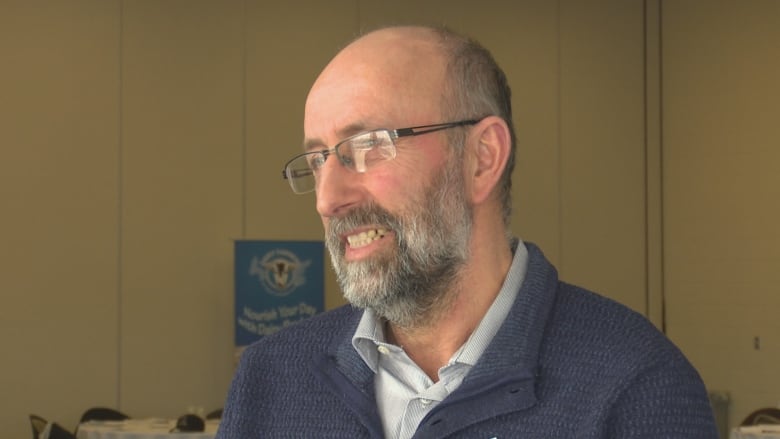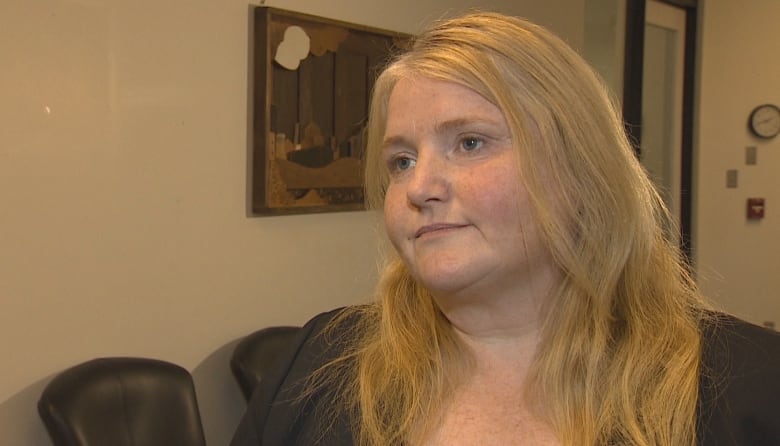Farmland prices leap 22% on P.E.I.
Prices becoming a barrier for new farmers

The price of farmland on P.E.I. is rising rapidly, and opinions are mixed on what to do about it.
Prices were up 22 per cent in 2019, according to a report from Farm Credit Canada, the biggest increase in the country. Data from Statistics Canada show farmland value on the Island has been rising over the 10 years, following a decade of little change.
The current Progressive Conservative government promised a land bank during the 2019 election campaign, and it is still pursuing the idea.
"The Department [of Transportation, Infrastructure and Energy] continues to meet with stakeholders on the possible development of a land bank," the province said in an emailed statement to CBC News.
Michele Beaton, Opposition agriculture critic for the Green Party, said the rapidly increasing prices are causing problems for people wanting to get into farming, or farmers looking to expand.
"What I'm hearing from farmers is that finding land is extremely difficult, and you require deep pockets to be able to buy land," said Beaton.
"When land costs so much, that's just another barrier for farmers to be able to enter into the industry."
New optimism
Farmers who have bought land recently are heavily leveraged, she said, leaving them vulnerable to increases in interest rates.
Ron Maynard, president of the P.E.I. Federation of Agriculture, said he is not surprised to see prices going up, though he is a little surprised by the size of the increase. Maynard said some of what is happening is farmers are moving to the Island from Ontario, where they are able to sell their land at higher prices than the cost on P.E.I., giving them those deeper pockets.

There has also been some catching up with farmland prices in other provinces.
"The positive thing is that they feel there is some future in agriculture and people are willing to invest. There's some optimism right now," he said.
Grain prices are good, and new crops, such as peas and beans, are finding markets. Processors have also been looking for more potatoes, said Maynard.
Interest rate concerns
He acknowledges that the rising prices are a barrier for new farmers, but he is not convinced that a land bank is the right approach.
Current low interest rates are making it possible for prospective farmers to invest in more land, but as Beaton points out that can make them vulnerable. Maynard said a solution to that could be a program that helps pay off interest on farm land, or perhaps guarantees current low interest rates over the long term.
He believes dollars spent in this way would stretch further.
"A million dollars doesn't buy much land when it's $6,000 an acre," said Maynard.
"But a million dollars would go a long way in providing interest assistance or interest guarantees."

Beaton would like to see government move to protect the supply of agricultural land on the Island from development. Maintaining supply would help keep prices down, she said.
But most of all, she wants to see the government act.
"We don't need to review land more. We've had a clear objective set out in past commissions," she said.
"More action less studying, because we've done the studying already."

